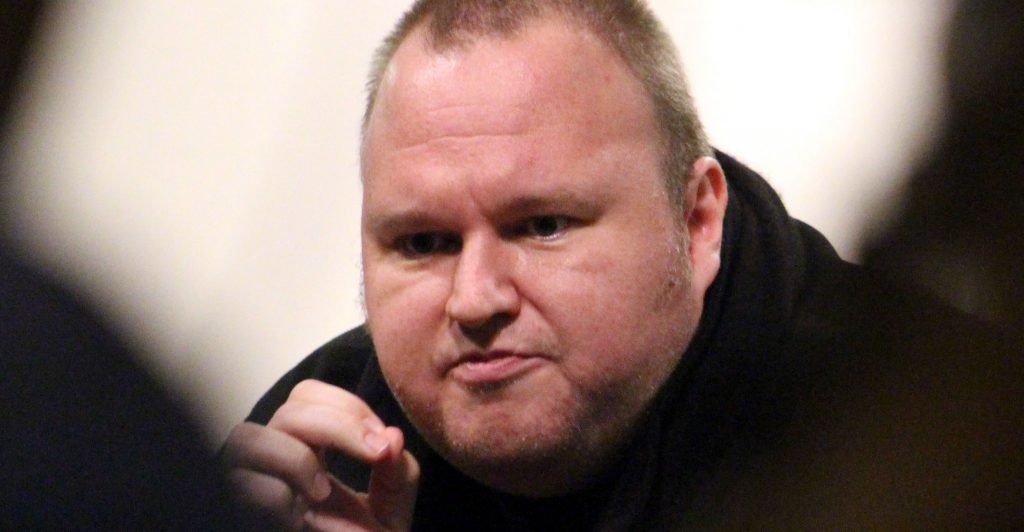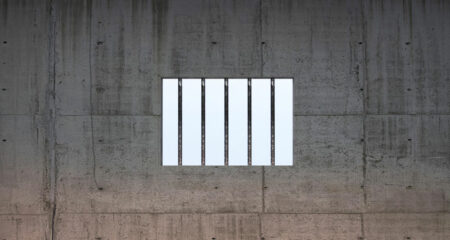
Most people running a business that could end up on the wrong end of a lawsuit would keep a low profile. Not Kim Dotcom.
The boss of Megaupload, a popular website that let users store and share music, films and other content, Dotcom went out of his way to attract attention — and not just by changing his surname from Schmitz. He surrounded himself with glamorous women and fast cars bearing number plates such as “GUILTY”. He likened himself to Dr Evil, a movie villain, though he looks more like Dr Evil’s henchman, Fat Bastard.
American investigators examining Megaupload’s business concluded that it was encouraging its users to share pirated content. They persuaded authorities in Britain, Hong Kong and other countries to seize the firm’s assets and to arrest its owners, including Dotcom, who was nabbed by police in New Zealand on 20 January after being found with a shotgun in a “safe room” at his mega-mansion. The raid occurred just as Hollywood was howling after Congress gave up on a bill to crack down on piracy.
The closure of Megaupload — which insists it has done nothing wrong — has triggered a swift response from other file-sharing sites, or “cyberlockers”. Some, such as FileSonic and FileServe, stopped users from sharing material with one another. Others, such as Uploaded.to, blocked users in America from accessing their services. And others, such as X7.to, shut down altogether.
Their critics say this shows that cyberlockers realise illegal file sharing will no longer be tolerated. Correspondence cited in an indictment of the Megaupload site in America suggests that the firm knew of the problems with illegal content. “We’re not pirates,” writes the author of one e-mail cited in it. “We’re just providing shipping services to pirates.”
The legal assault on Megaupload will probably cause at least some traffic to migrate to cyberlockers in Russia and other countries where property rights are weak. Determined pirates could also make more use of “torrent” sites such as The Pirate Bay, which allow peer-to-peer transfers. The technology underlying such sites could make them even trickier to deal with than cyberlockers. — (c) 2012 The Economist![]()
- Subscribe to our free daily newsletter
- Follow us on Twitter or on Google+ or on Facebook
- Visit our sister website, SportsCentral (still in beta)




